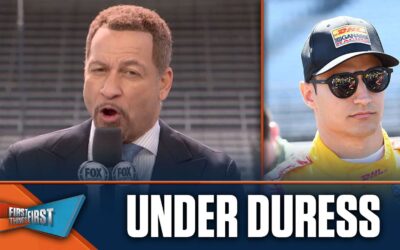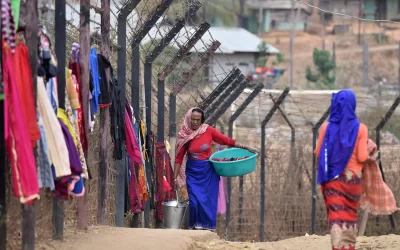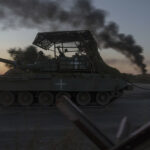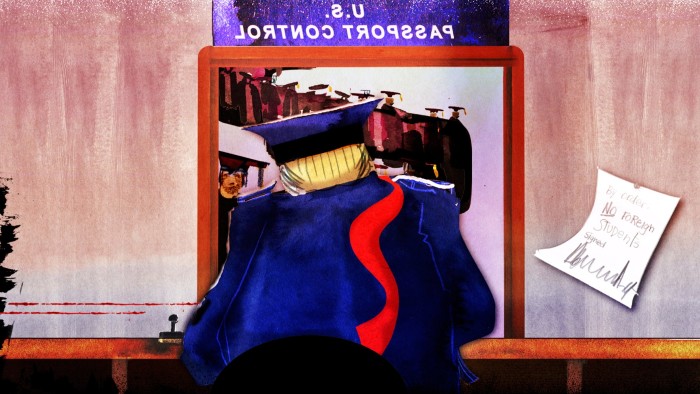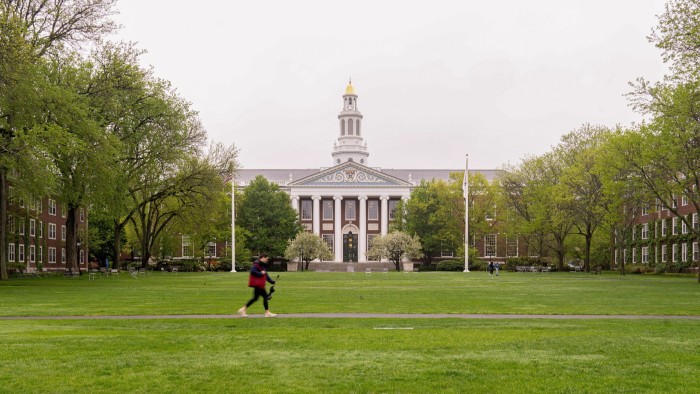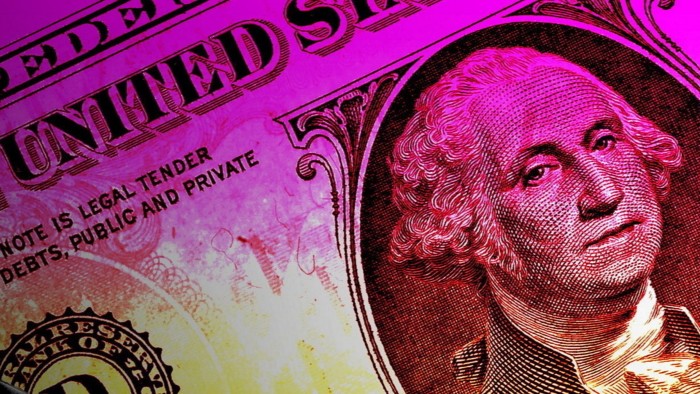Ukraine and Russia begin biggest prisoner swap of the war
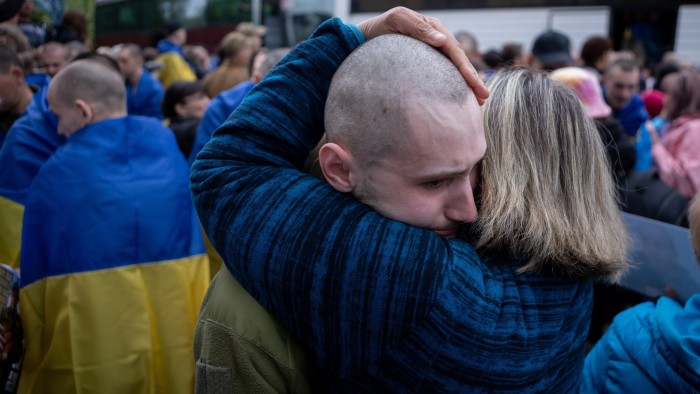
Unlock the White House Watch newsletter for free
Your guide to what Trump’s second term means for Washington, business and the world
Ukraine and Russia began their largest exchange of prisoners of war on Friday that had been agreed during their first peace talks in three years, according to Ukrainian officials.
Russian and Ukrainian negotiators last week agreed to exchange 2,000 prisoners during their meeting in Istanbul, which ended without any substantial progress on a lasting ceasefire due to Moscow’s maximalist demands.
US President Donald Trump earlier on Friday posted a message on Truth Social, congratulating “both sides on this negotiation” and saying that the “swap was just completed”, although Kyiv officials said that was not the case.
“This could lead to something big???” he added.
Ukrainian officials told the Financial Times the exchange started on Friday and was expected to be the biggest between the warring sides since 2014.
The officials said the prisoners — 1,000 on each side — will be exchanged in three groups over three days and would include mostly military personnel but also some civilians. A Ukrainian official familiar with the details of the exchange said Russia did not want to release any of its high-profile prisoners.
Since the start of Russia’s full-scale invasion in 2022, Kyiv and Moscow have conducted more than 60 prisoner exchanges involving about 5,000 Ukrainians. The Russian side does not disclose information about the prisoners it receives from Kyiv. The exchanges are one of the few matters on which Russian and Ukrainian officials have found any common ground.
Ukrainian officials remain sceptical about the broader significance of this exchange. President Volodymyr Zelenskyy has agreed to Trump’s proposal in March of a 30-day unconditional ceasefire, but Russia’s Vladimir Putin has insisted that there first must be agreement on his maximalist terms and what he says are the “root causes” of the war.
Those demands include official recognition of Russia’s ownership of the Crimean peninsula and four regions of Ukraine that his army does not fully control, as well as the demilitarisation of Ukraine and a commitment to never join Nato — a goal enshrined in the Ukrainian constitution.
Kyiv has strongly refused and said that those would essentially mean the end of its existence as a sovereign state. After Trump’s call with Putin on Monday, in which the US president suggested he could walk away from peace negotiations, Ukraine feels as though it has been abandoned by its biggest backer.
